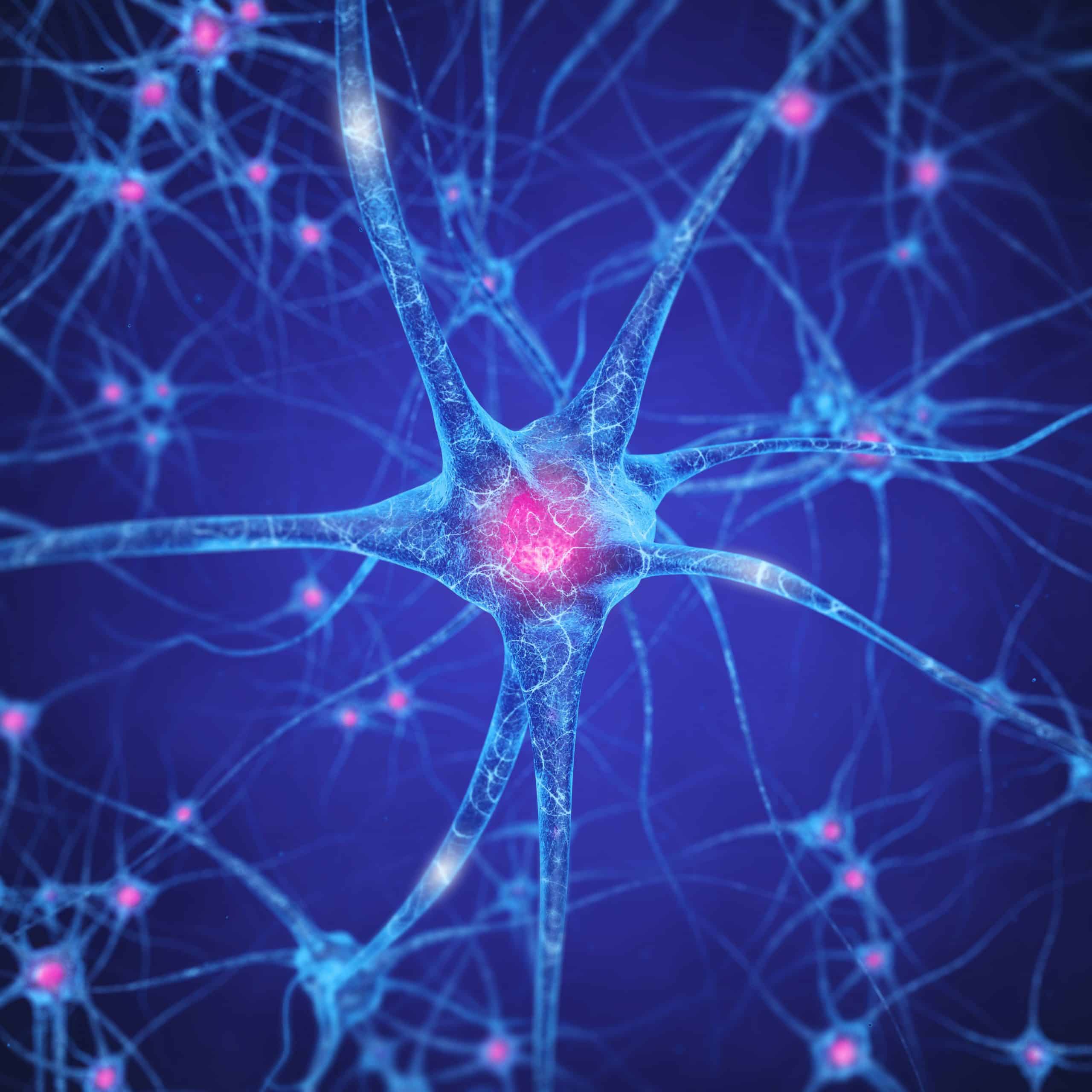It starts innocently enough – a “like” on an attractive colleague’s new profile pic, an emoji-laden reply to an old flame’s comment, a private message to a sexy acquaintance. But with each interaction, the dopamine hit entices you further down the social media rabbit hole… and further outside the bounds of your primary relationship. Welcome to the world of micro-cheating – a slippery slope of technology-facilitated flirtations that can quickly escalate into a full-blown emotional or physical affair.
What exactly is micro-cheating? Australian psychologist Melanie Schilling defines it as “a series of seemingly small actions that indicate a person is emotionally or physically focused on someone outside their relationship.”[1] It’s a pattern of subtle betrayals – secrecy, boundary-crossing, intimate sharing – enacted through the smartphone in your pocket. Thanks to the 24/7 connectivity and endless novelty offered by social media, opportunities for micro-cheating abound like never before.
The Science of Social Media Infatuation
But micro-cheating is more than just modern-day poor impulse control. It’s a reflection of the larger addictive pull that social media exerts on our brains. Social media apps are deliberately designed to hijack the reward pathways in our brains, delivering random hits of gratification not unlike the variable reinforcement of a slot machine.[2] And just like with substance addiction, this stimulation can lead to mood alternation, preoccupation, tolerance, withdrawal, and relapse.[3]
Self-disclosure on social media can be particularly intoxicating – lighting up the same regions of the brain activated by cocaine.[4] On platforms like Facebook and Instagram, we talk about ourselves up to 80% of the time, compared to 30-40% in face-to-face conversation.[5] For many, this ongoing opportunity to curate an idealized self-image in front of an audience becomes a compulsive form of ego gratification – one that inevitably takes time and energy away from real-world relationships.
From Likes to Lust: The Slippery Slope
So perhaps you’re not technically cheating when you like your co-worker’s bikini pic… but you’ve taken the first step onto a slippery slope. That momentary dopamine hit reinforces the behavior, increasing the temptation to cross more boundaries next time. A lingering glance becomes a flirtatious comment. An amusing DM volley becomes an intimate secret.
The more you invest in your micro-cheating “friendships”, the more disconnected and resentful you may feel towards your primary partner. Little by little, your focus and sexual energy gets siphoned away from your real relationship onto your virtual escapes. Your partner becomes an afterthought, an obstacle, a source of mundane irritation compared to the shiny objects in your social media toyland.
Are You Guilty of Micro-Cheating?
Ask yourself:
- Do you often find yourself fantasizing about social media contacts?
- Have you become secretive about your online communications?
- Are you less emotionally/physically interested in your partner?
- Would you feel guilty if your partner read your messages?
- Is social media exposing you to temptation and sexual tension you’d otherwise avoid?
If so, it may be time to unfriend, unfollow, and refocus on your primary relationship before pixels turn into problems. Remember, real love exists in the flesh and blood world – not the black mirror in your hand. A digital detox could be just what your real bond needs.
References:
[1] Schilling, M. (n.d.). Micro-cheating: The new infidelity in the digital age. Retrieved from https://melanieschilling.com/
[2] Salimpoor,V. N., Benovoy, M., Larcher, K., Dagher, A. & Zatorre, R. J. (2011). Anatomically distinct dopamine release during anticipation and experience of peak emotion to music. Nature Neuroscience, 14, 257–262.
[3] Griffiths, M. D. (2013). Social networking addiction: Emerging themes and issues. Journal of Addiction Research & Therapy, 4, e118.
[4] Meshi, D., Tamir, D. I., & Heekeren, H. R. (2015). The emerging neuroscience of social media. Trends in Cognitive Sciences, 19(12), 771-782.
[5] Dunbar, R. I. (2016). Do online social media cut through the constraints that limit the size of offline social networks?. Royal Society Open Science, 3(1), 150292.


